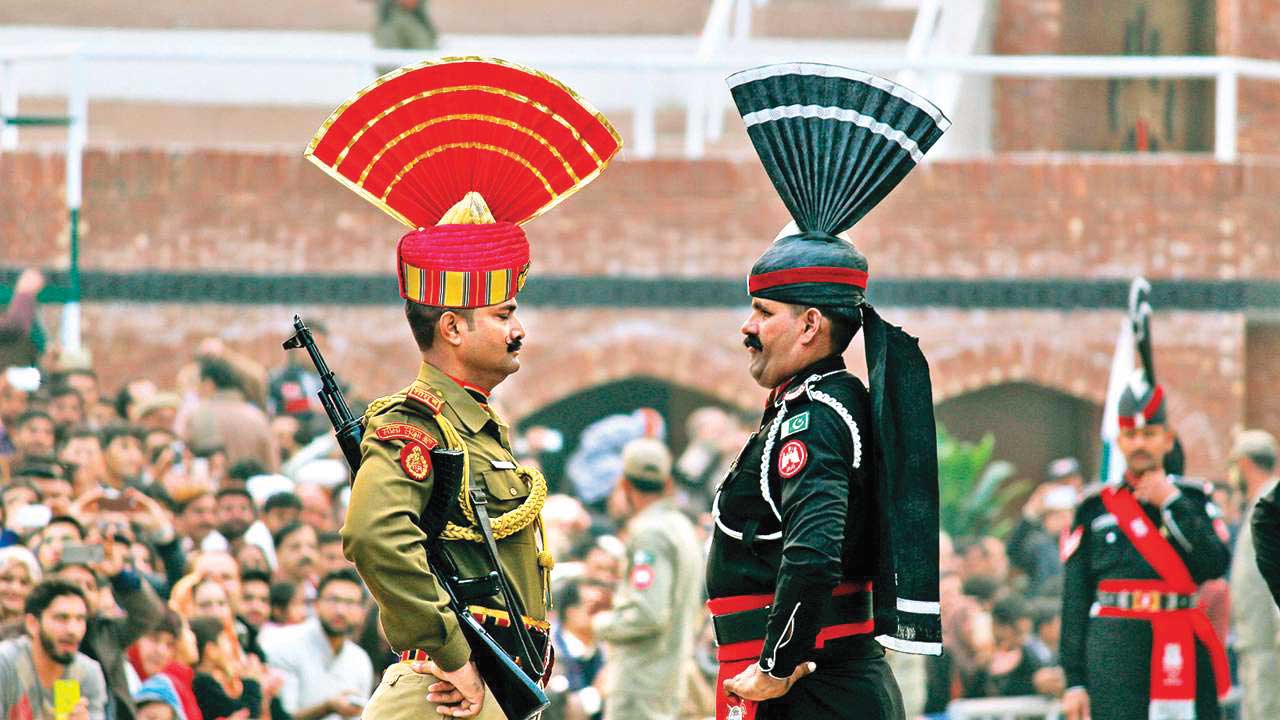
Since the days of partition, Pakistan, which was created in the name of Islam, has nourished an inherent hatred towards India. The Pakistani Army, enjoying immense benefits in running the government in its country, propagated with ulterior motive that India a much bigger country in size and population has not accepted the partition and would try to annex Pakistan. Not only this, the Pakistani Army presented itself as the saviour of the country.
That apart, Punjab, which was a dominant province usurped in all powers and started exploiting all other nationalities.
The saner elements in both the countries, which are small in number, made several attempts to inculcate cordial relations between India and Pakistan and hence Shimla Summit, Agra Summit and Lahore Summit were held. However, the summits and numerous meetings between officials of both the countries simply averted the war but conflicts and encounters continued.
In 2003, ceasefire agreement was signed and Delhi-Lahore Bus Service and the train service between both the nations named Samjhauta Express also started but Pakistan continued training, assisting and infiltration of terrorists in India. In 2001, Pakistani terrorists attacked Indian Parliament, while in 2007 bombs were exploded in Samjhauta Express and in 2008 Pakistani terrorists of Lashker-e-Taiba attacked Mumbai in which about 166 people were killed and more than 600 got injured.
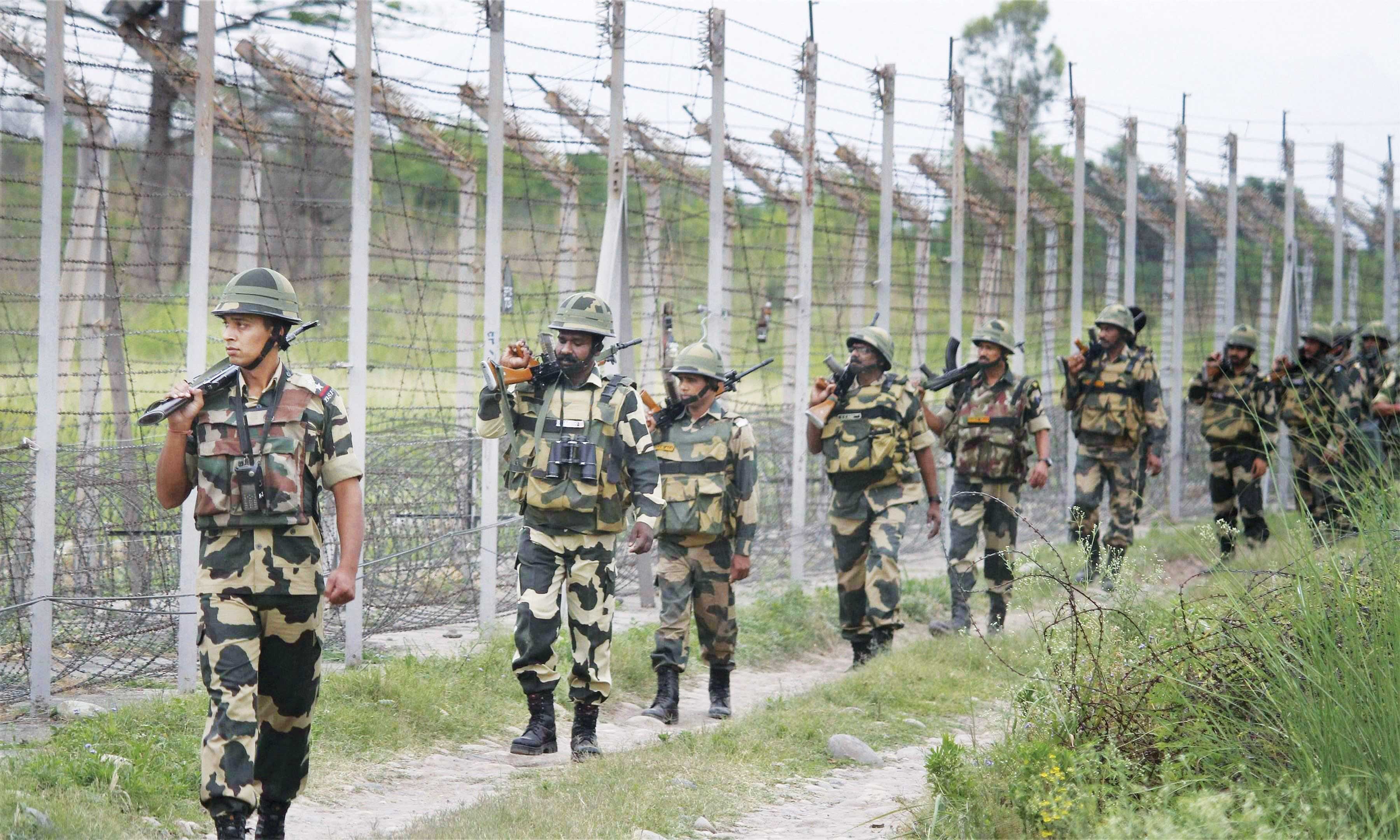
The Pakistan army-controlled intelligence agency Inter Services Intelligence (ISI) has waged a low intensity war against India especially in Jammu & Kashmir. In 2016, the Pakistan-sponsored terrorists attacked Pathankot Air base and Army base at Uri in which about twenty five soldiers were martyred. The Indian security forces to take revenge carried out surgical strike on September 29, 2016 entered in Pakistan Occupied Kashmir (PoK) and attacked at seven launching pads and killed about forty Pakistani terrorists, their guides and their trainers who were from the Pakistan Army.
MAIN IRRITANTS
There are several irritants between New Delhi and Islamabad; nonetheless the prime dilemma is suspicion at all levels. Following are the main causes of animosity between the two neighbours:
JUNAGADH ISSUE
Junagadh had 80 per cent Hindus but its ruler was a Muslim. He migrated to Pakistan and signed the instrument of accession in favour of the India’s arch-rival country. As Junagadh was not contiguous to Pakistan, the accession was neither legal nor practically possible.
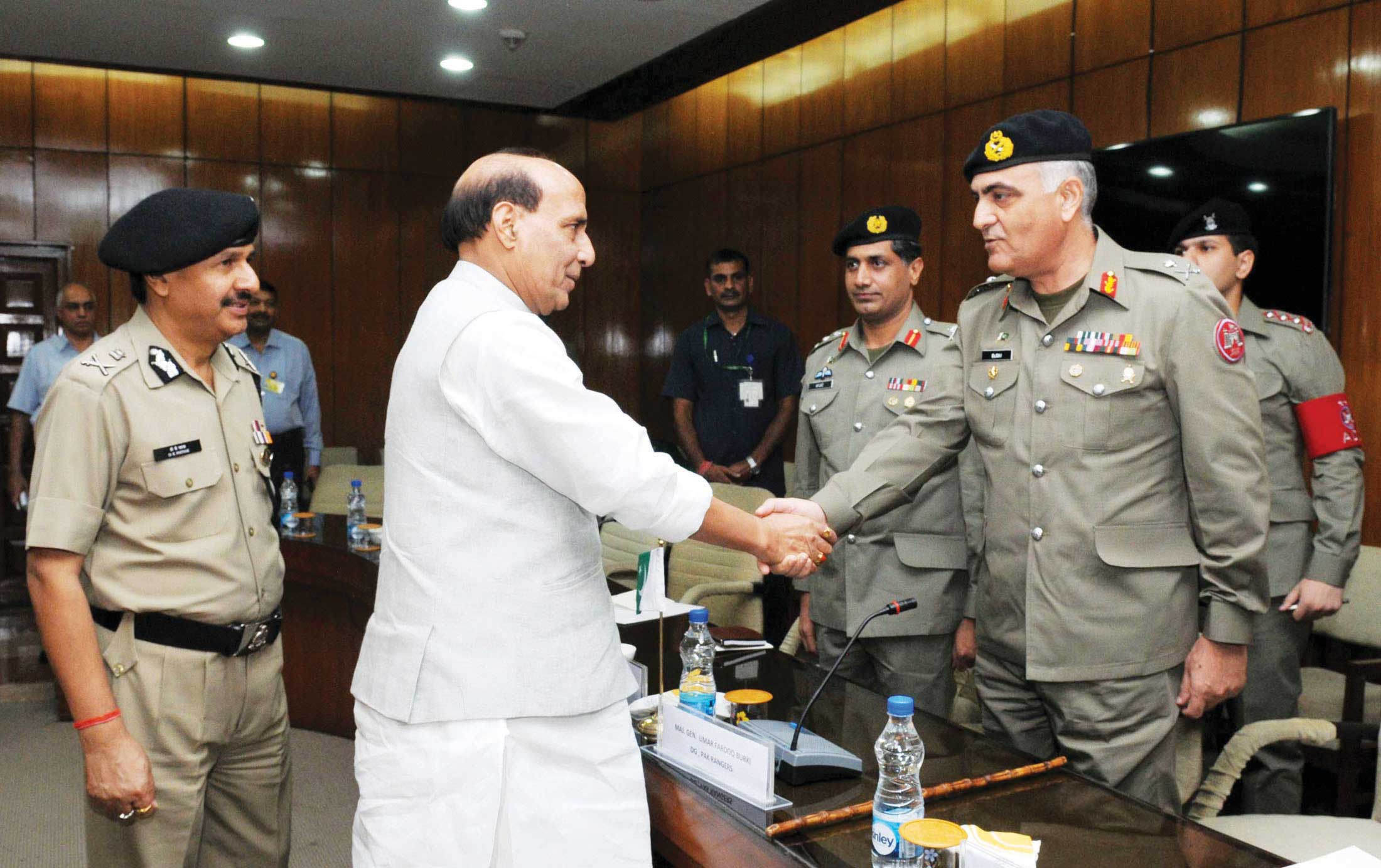
KASHMIR CONFLICT
Unfortunately during the partition there was lot of bloodshed, and although ruler of Kashmir signed the instrument of accession in favour of India, Pakistan refused to accept it. Since then both the counties fought three full wars and one undeclared war in Kargil. Besides these major wars there were several skirmishes, unprovoked firings and armed altercations mainly because of Kashmir.
Islamabad claims that Kashmir is unfinished agenda hence it has created diverse terrorist outfits including Lashkar-e-Taiba, Jaish-e-Mohammad, Hizb-ul-Mujahideen, Lashkar-e-Omar, Al Badr, Lashkar-e-Jabbar, Tehrik-ul-Mujahideen, Harkat-ul-Mujahideen with ulterior motive of carrying out terrorist activities in J&K.
Besides these outfits, the ISI continuously infiltrates Madrassa-educated, semi-literate, disenchanted Pakistani Muslim youths for creating disturbances in the Valley. Unfortunately, the Pakistan Army and terrorist leaders including Hafiz Saeed were able to convince the illiterate masses that they would snatch Kashmir from India.
CREATION OF BANGLADESH
In 1971, residents of the then East Pakistan revolted and Punjabi dominated Army instead of giving them their legitimate rights, resorted to barbaric atrocities which ultimately resulted in the independence and creation of a new nation with the name of Bangladesh. However, Islamabad instead of realising its blunder blamed India for its bifurcation. Now large number of fanatic Pakistanis want to take revenge by dissecting J&K from India.
CHINA PAKISTAN ECONOMIC CORRIDOR (CPEC)
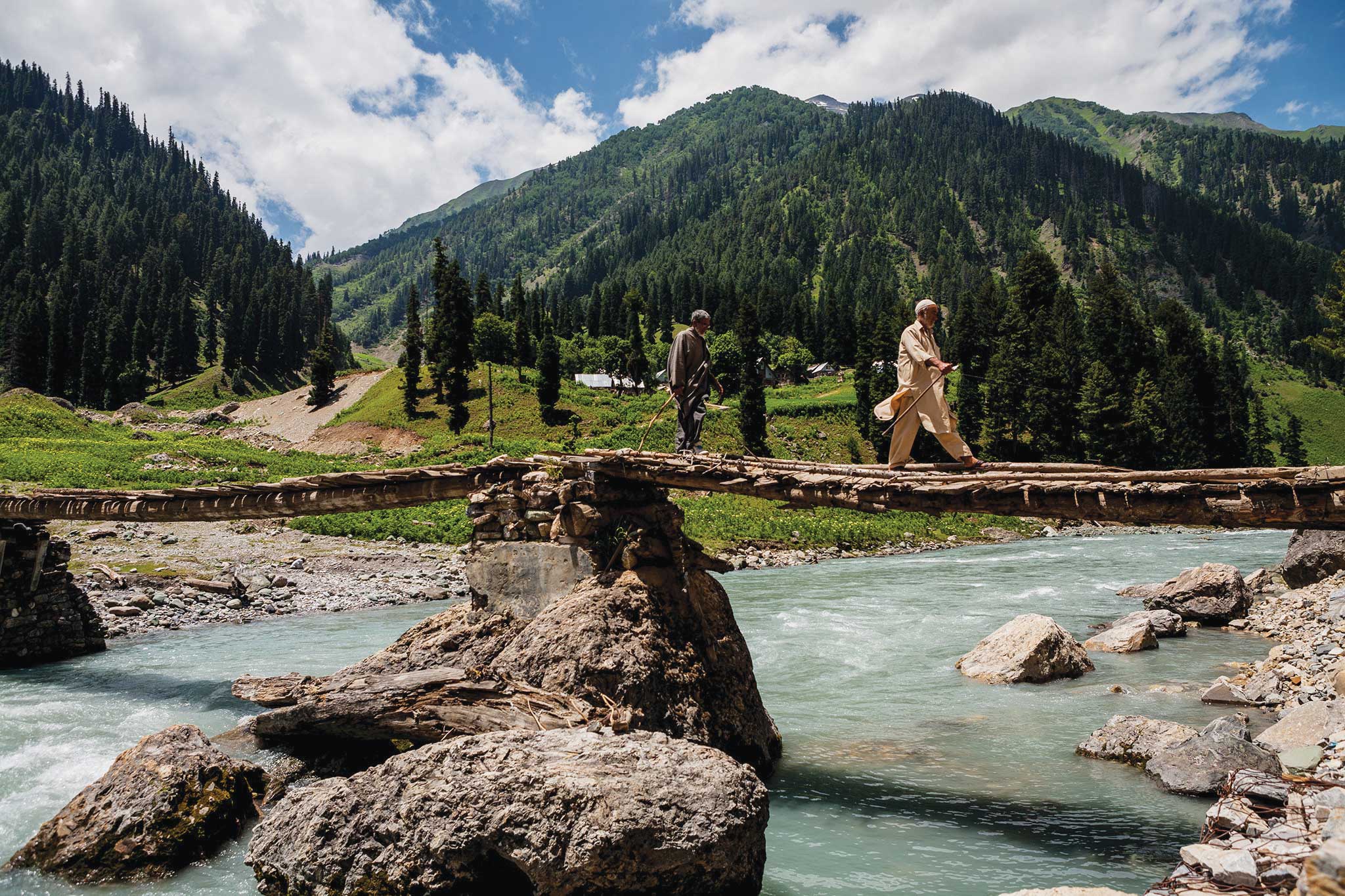
The China Pakistan Economic Corridor (CPEC) which is a significant part of Belt and Road Initiative (BRI) passes from Pakistan-occupied Kashmir (PoK) as well as from Gilgit and Baltistan, which are integral parts of India. New Delhi has raised objections to the construction of CPEC. However, China promised Pakistan that it will invest more than $50 billion in CPEC. The Pakistani authorities tried to convince the masses that CPEC will end the country’s economic problem nevertheless it is erroneous and CPEC will prove a debt trap for Pakistan.
WATER DISPUTES
The Indus Water Treaty (IWT), which is unduly in favour of Pakistan, administers the rivers which flow from India to Pakistan. Although no war is fought on water so far but in future it will be a big issue as there is acute shortage of water in Pakistan, and India is also suffering from water crisis.
INDIA-AFGHANISTAN RELATIONS
Pakistan wants to achieve strategic depth in Afghanistan and alleges that India assists several secessionist outfits active in Balochistan, Khyber Pakhtunkhwa and other places through Afghanistan. Pakistan wants to establish pro-Pakistan and anti-India government in Afghanistan and when the relations between India and Afghanistan become cordial ISI launches terrorist operations both in India and Afghanistan.
PAKISTAN ACCORDED SHELTER TO INDIA FUGITIVE
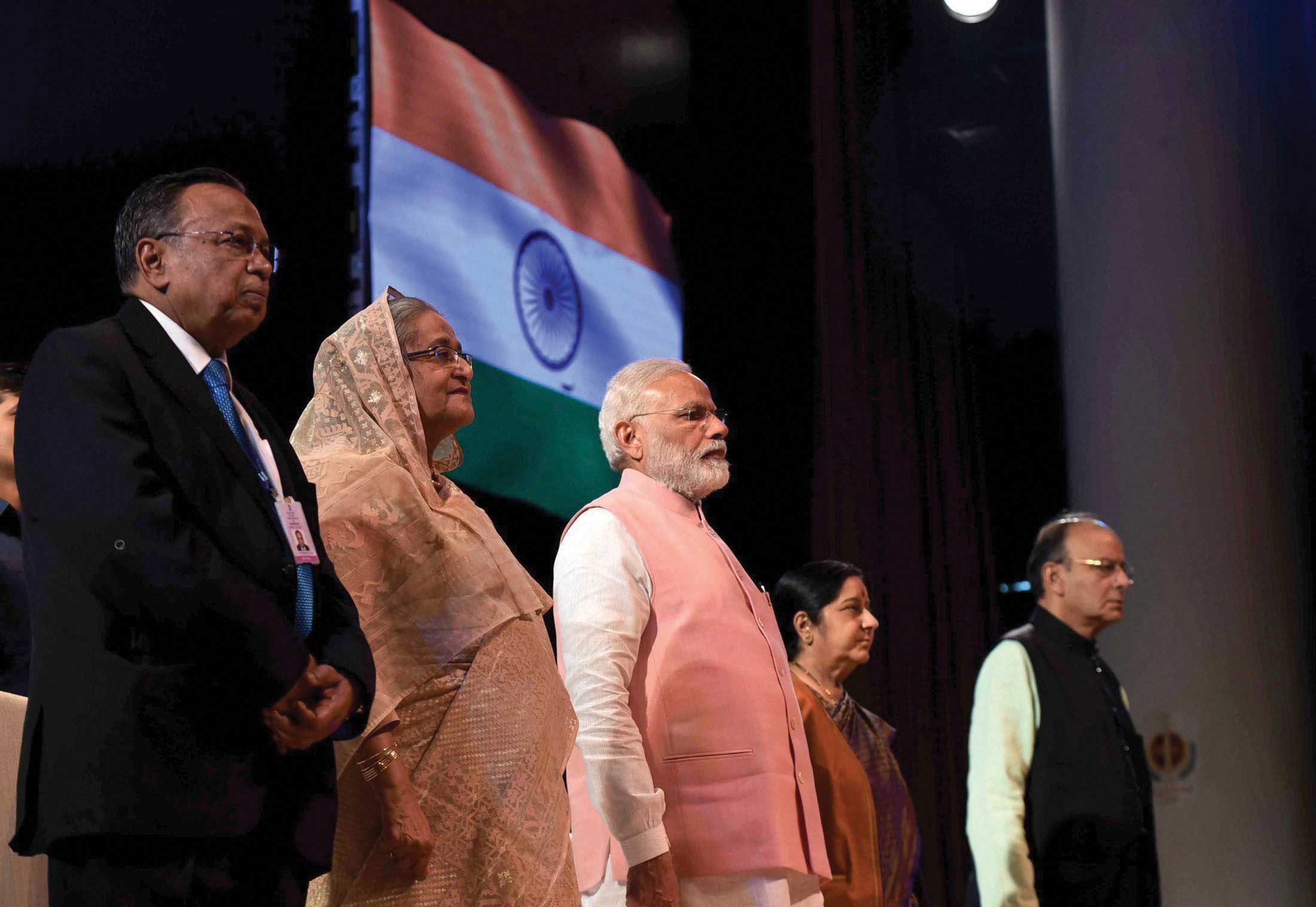
Pakistan has given shelter to more than 50 Indian fugitives including Dawood Ibrahim, Anees Ibrahim and Chota Shakeel etc. It is also not taking any legal action against terrorists like the mastermind behind the Mumbai terror attacks in 2008 Hafiz Saeed and others who are involved in terrorist activities in India.
DIFFERENCE IN SYSTEM
India is a secular democratic country while Pakistan is an orthodox Islamic country where the army is a de-facto ruler. Islamic extremism is so much ingrained in Pakistan that terrorist leaders openly lecture that they will destroy India and capture Kashmir.
WAY FORWARD
Pakistan was carved out from India hence both the countries share history, culture, traditions, language and if the two nations live amicably and work together they can render great service to the mankind as sizable part of their population live below the poverty line. There are close geographical, linguistic, matrimonial and sporting ties between both the countries. Not only this, strong diasporas of both the countries have cordial relations abroad and they should play a positive role in strengthening friendly relations between India and Pakistan.
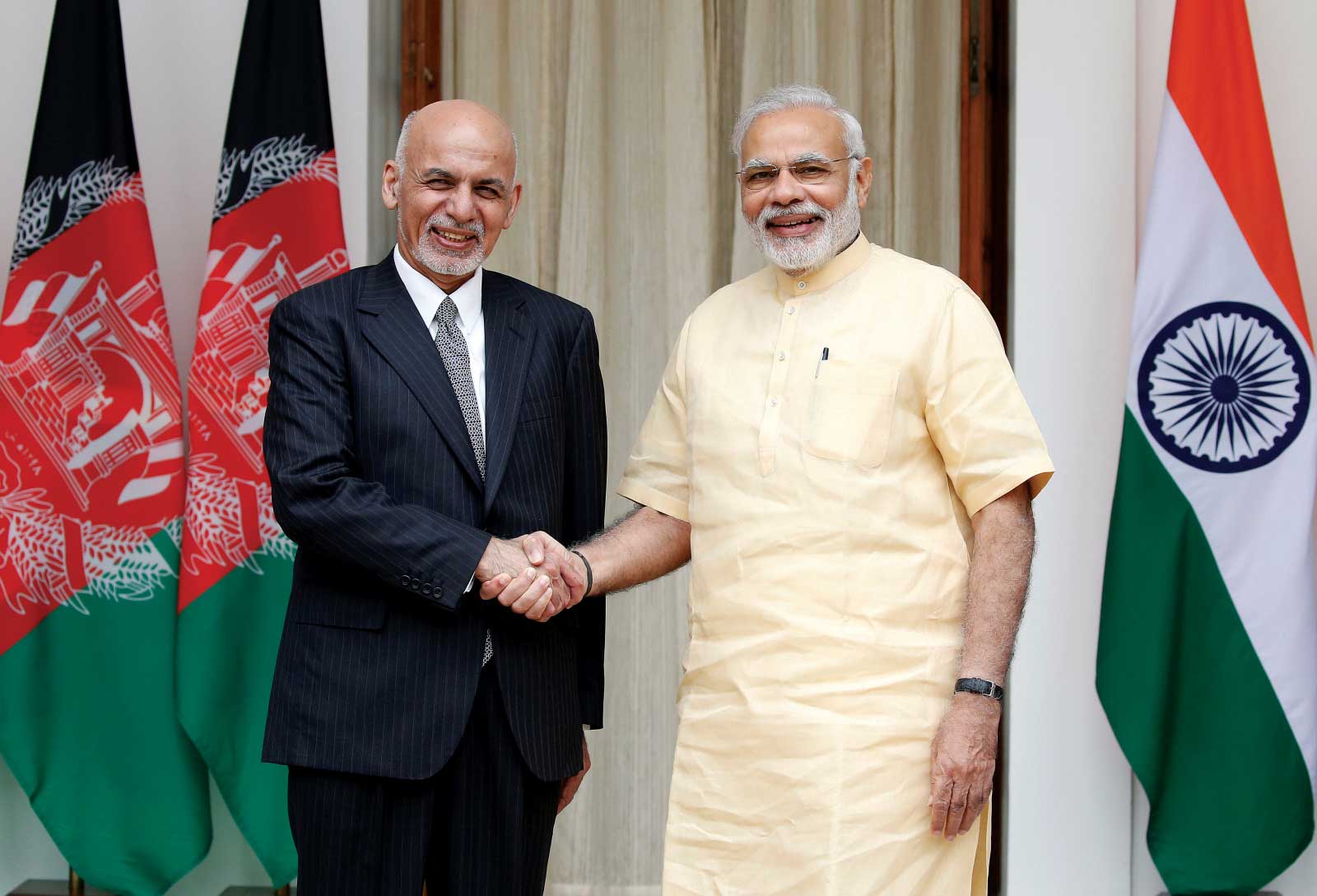
India accorded Most Favoured Nation (MFN) status to Pakistan in 1996 but the latter has not reciprocated so far. India wants to cultivate cordial relations with Pakistan but the latter on the behest of another neighbour China carries out terrorist activities in India. China wants to hamper India’s economic growth as Beijing feels that India has the potential to challenge China in the region as well as in international arena. Pakistan should inculcate cordial relations with both India and China so that the country can achieve economic growth.
There are too many common points between India and Pakistan hence people-to-people contact must be enhanced so that common people will understand that the people of other countries want to live in peace. Pakistan should accord MFN status to India and the trade between both the countries must be enhanced. Border trade should be increased but security agencies must keep a strict vigil so that trade cannot be used to finance the terrorists. It may be noted here that in the recent past India’s premier National Investigation Agency (NIA) had interrogated a few unscrupulous traders who were financing Kashmiri secessionists.
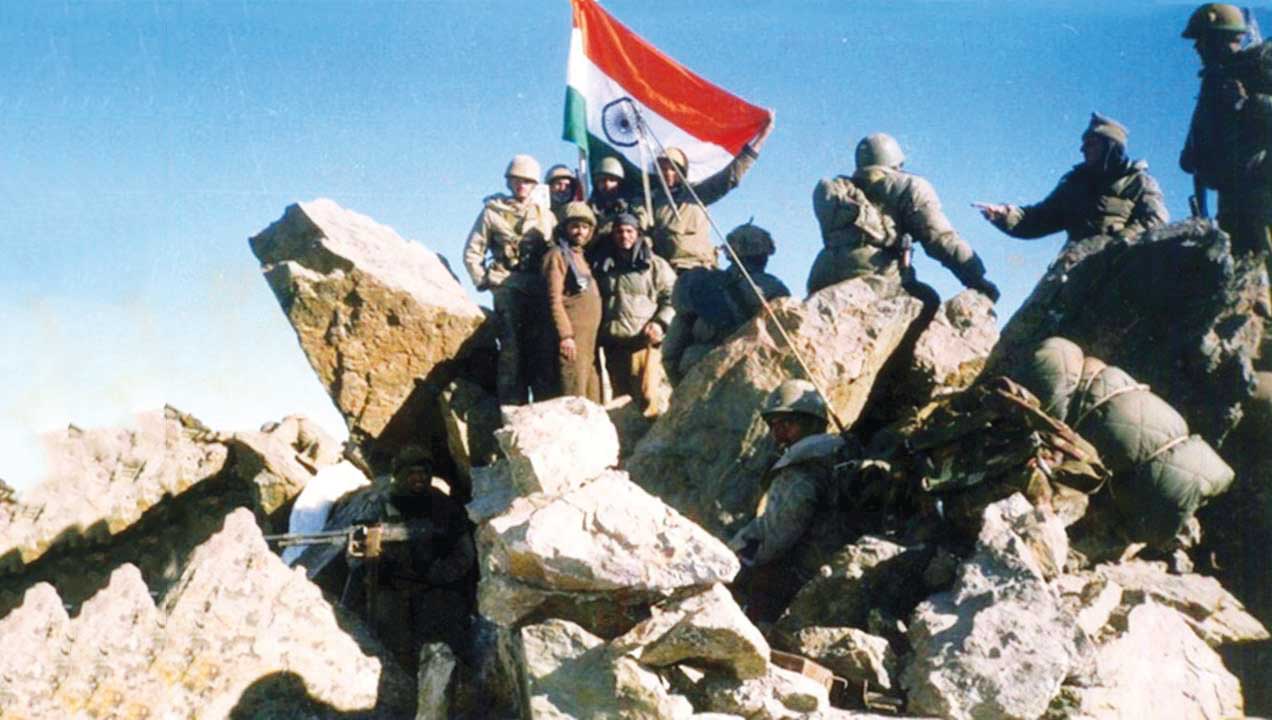
There are also lots of contradictions about the partition of India. Both countries should reconcile the facts so that the misunderstandings are resolved. Besides, they more or less play same games hence there should be more tournaments and exchange of teams in order to establish friendly ties between them. NGOs of both the countries can join hands and can fight social evils and improve educational standard. The local populace in both the countries should understand that war will be an economic disaster hence it must be avoided at all cost.
Both countries must curtail defence expenditure and put that money for economic development and elevation of the masses. However, it is feasible only if the two nations disregard the massive suspicion against each other.
Track II diplomacy is also useful in starting negotiations. Several times the relations between India and Pakistan touch rock-bottom and both sides adopt very stringent postures and refuse to talk. India maintains that terrorism and negotiations cannot go together.
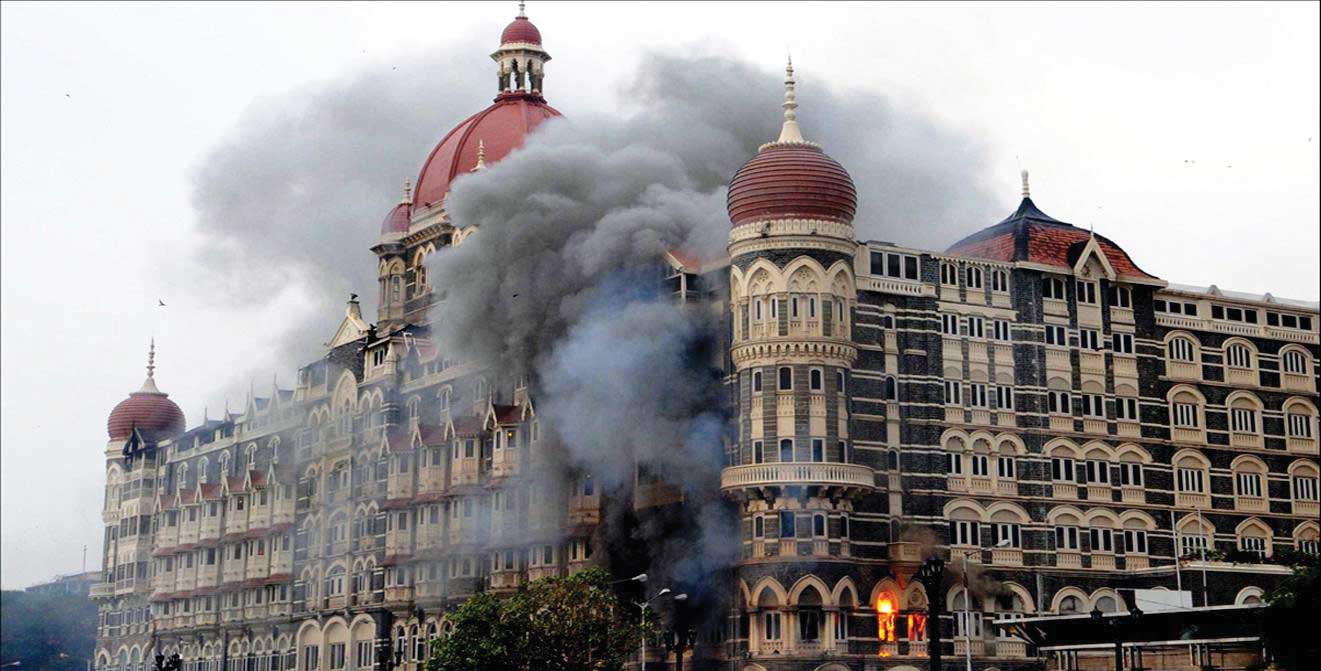
At one time, India-Pakistan border also became very tense, at that time a group of 14 people led by former Secretary in the Ministry of External Affairs, former cabinet Secretary and a former naval chief met a Pakistani delegation led by former minister and foreign secretary at a hotel in Islamabad and the ground for starting negotiations was made. Track II diplomacy can break the ice and both parties may agree to negotiate but the differences have to be resolved by both the governments and Pakistan has to leave the path of sponsoring terrorism in India.
Pakistan is suffering from multifarious problems including unbridled corruption, exploitation of all the nationalities by Punjabis, population explosion, water scarcity, dwindling economic condition, increasing terrorism and extremism just to name a few. The rulers of Pakistan instead of raising anti-India bogey to divert the attention of masses should try to solve the problems of their countrymen and discontinue sponsoring terrorism in India and Afghanistan.
–The author is a Delhi-based strategic analyst and a retired senior intelligence officer. The views in the article are solely of the author









